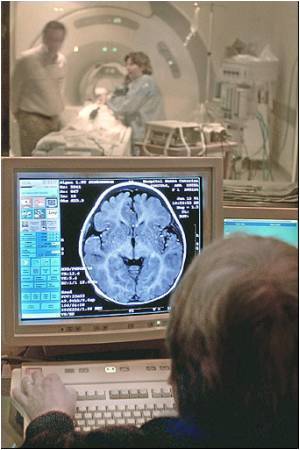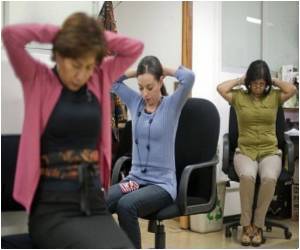Researchers have tried to figure out why response times and decision-making processes become slower as people age.

The researchers have been testing his theory in WnL's Cognitive Lab, with interesting results.
During the past two years, the researchers have compared the responses of younger adults (18 to 29 years old) with those of older adults (60 and over).
They asked the test subjects to look at a computer monitor and pick out target lines that were different from other lines.
For example, they needed to find the green line among the orange lines or the line that tilts left instead of right.
The researchers added "noise" in the form of visual static on the computer screen.
Advertisement
The research team found that the older adults were disproportionately more susceptible to the static noise than the younger adults.
Advertisement








